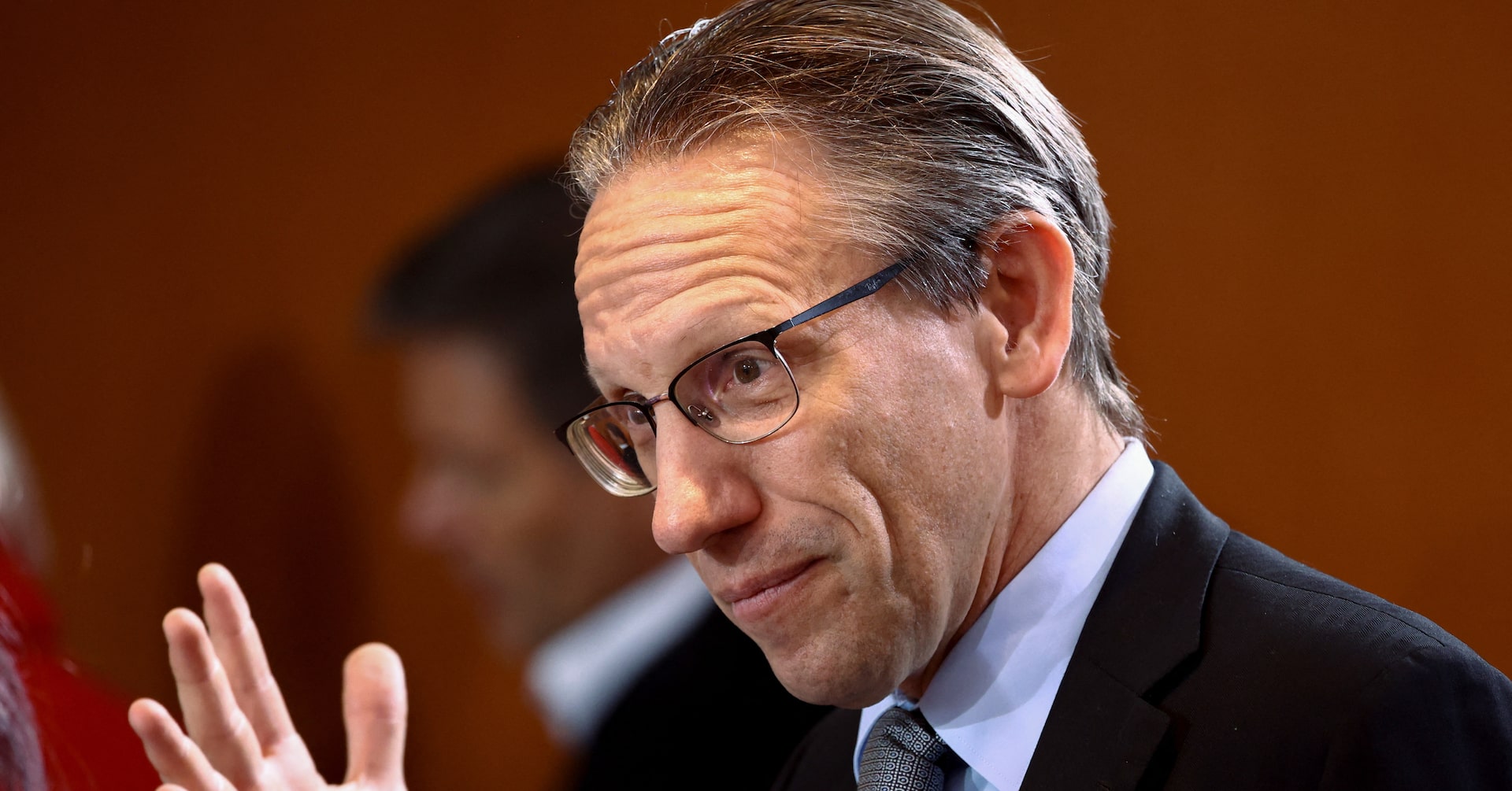Global Markets on Edge: Germany's Finance Chief Signals Ongoing Economic Turbulence

In a stark assessment of international trade dynamics, German Finance Minister Joerg Kukies has raised concerns about the potential ripple effects of President Donald Trump's latest trade policy maneuver. The temporary suspension of trade tariffs for numerous countries, spanning a 90-day period, threatens to inject further uncertainty into global markets and leave business leaders in a state of heightened anticipation.
Kukies suggests that while the pause might appear to be a gesture of diplomatic flexibility, it could paradoxically create more economic tension. The uncertainty surrounding the potential reimposition of tariffs leaves companies and investors in a precarious position, unable to make confident long-term strategic decisions.
The minister's comments underscore the complex and unpredictable nature of current international trade relations, where temporary measures can have far-reaching consequences for global economic stability. As businesses and markets continue to navigate this uncertain landscape, the impact of such policy decisions remains a critical point of concern for economic policymakers worldwide.
